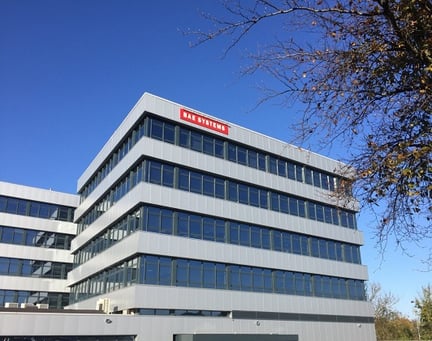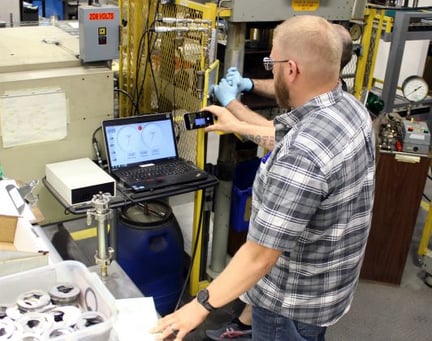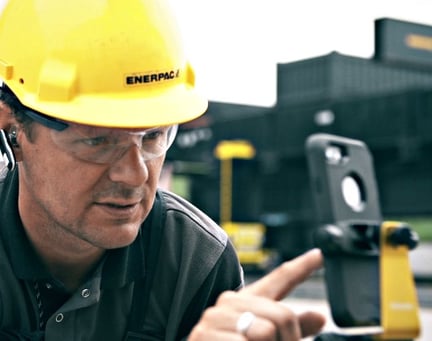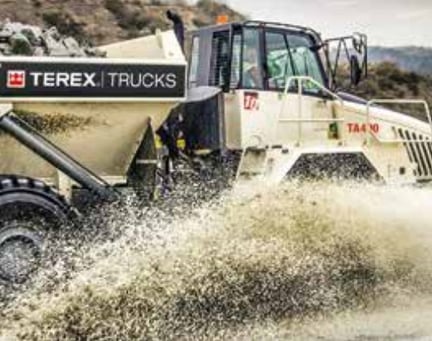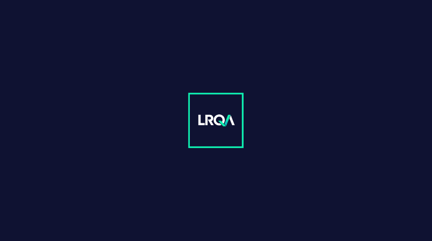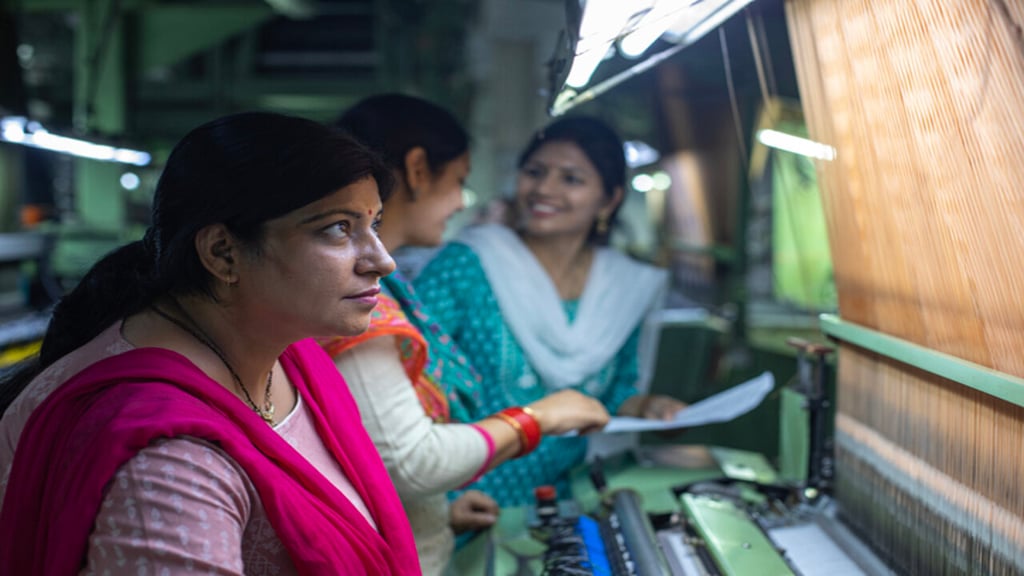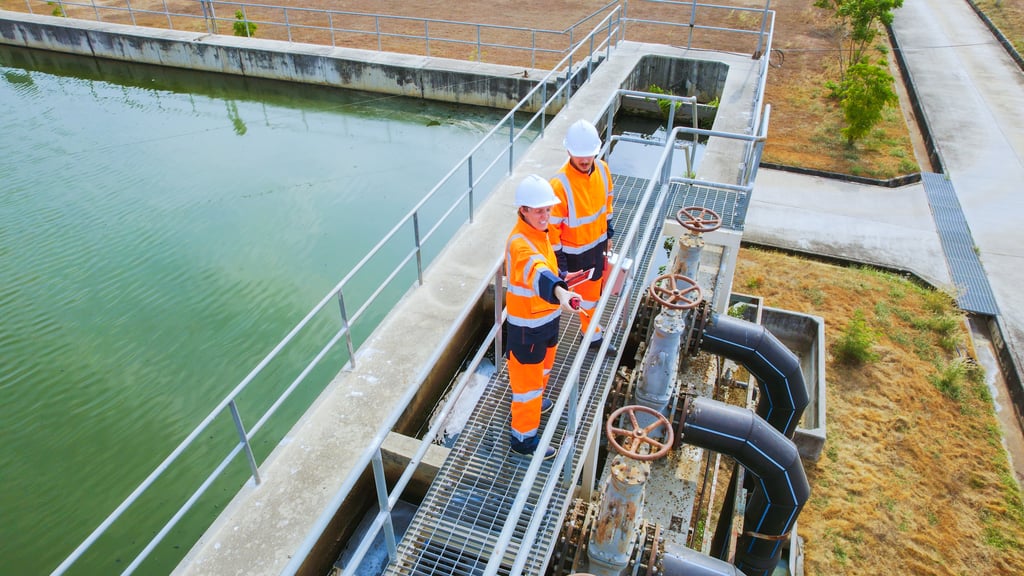Additive Manufacturing - Material Certification
Independent assurance of additive manufacturing feedstock can make or break a project.
Consistency is crucial.
Overview
The challenge: Existing metallic materials standards haven't yet expanded to include requirements for the additive manufacturing material form, and the required tests and acceptable tolerances for other material forms can't simply be adopted because of differences in the resulting properties. This requires tailored test plans that are carefully designed and performed to prove the suitability of the formed material.
Consistency is crucial for additive manufacturing. That begins with control and characterisation of the feedstock - powder or wire, for example. Chemical composition, particle size distribution, apparent and tap density, are just a few basic characteristics of metallic powder that need to be properly tested and controlled. This doesn't only apply when you're purchasing powder from a supplier, but any variations that may occur between batches (virgin and recycled) must be accounted for.
The storage and handling of the powder must also be controlled to an approved procedure, in a similar fashion to welding consumables. This is to avoid contamination, physical damage, oxidation and ignition/explosion of the powder.
Need help with additive manufacturing material certification?
We feel that manufacturers should be able to use AM to its full potential.
We help manufacturers of AM materials prove to their customers and the market that the materials produced comply with the associated material specifications and best practices. We use our framework, "Guidance Notes for the Certification of Metallic Parts Made by Additive Manufacturing," to help companies with their AM processes. We apply evolving international standards on AM and set the requirements to prove equivalence with existing manufacturing methods, codes and standards and apply our knowledge to help develop international standards on AM.
As AM is a relatively new technology for many industries, our certification has limitations related to process, technique, feedstock and application. Inspection requirements are specific to these criteria. Refer to our Guidance Notes for the framework to achieve certification, or contact us with details of your specific project, or questions you might have. Our expert team is here to help your organisation with the technical details.
Why work with us?
Independence
For more than 250 years, LRQA has stood as an independent third-party provider of professional services for engineering and technology. We both write our own rules and contribute to global codes and standards. Our goal is to improve safety and increase the performance of processes and compliance for our clients in more than 75 countries worldwide.
Technical expertise
LRQA has certified the first additively manufactured part for oil and gas, an innovative component that can only have been made through AM. In addition, we're involved in several joint industry projects with our industry partner, TWI. Each of LRQA's surveyors is trained and qualified in both traditional and additive manufacturing techniques.
